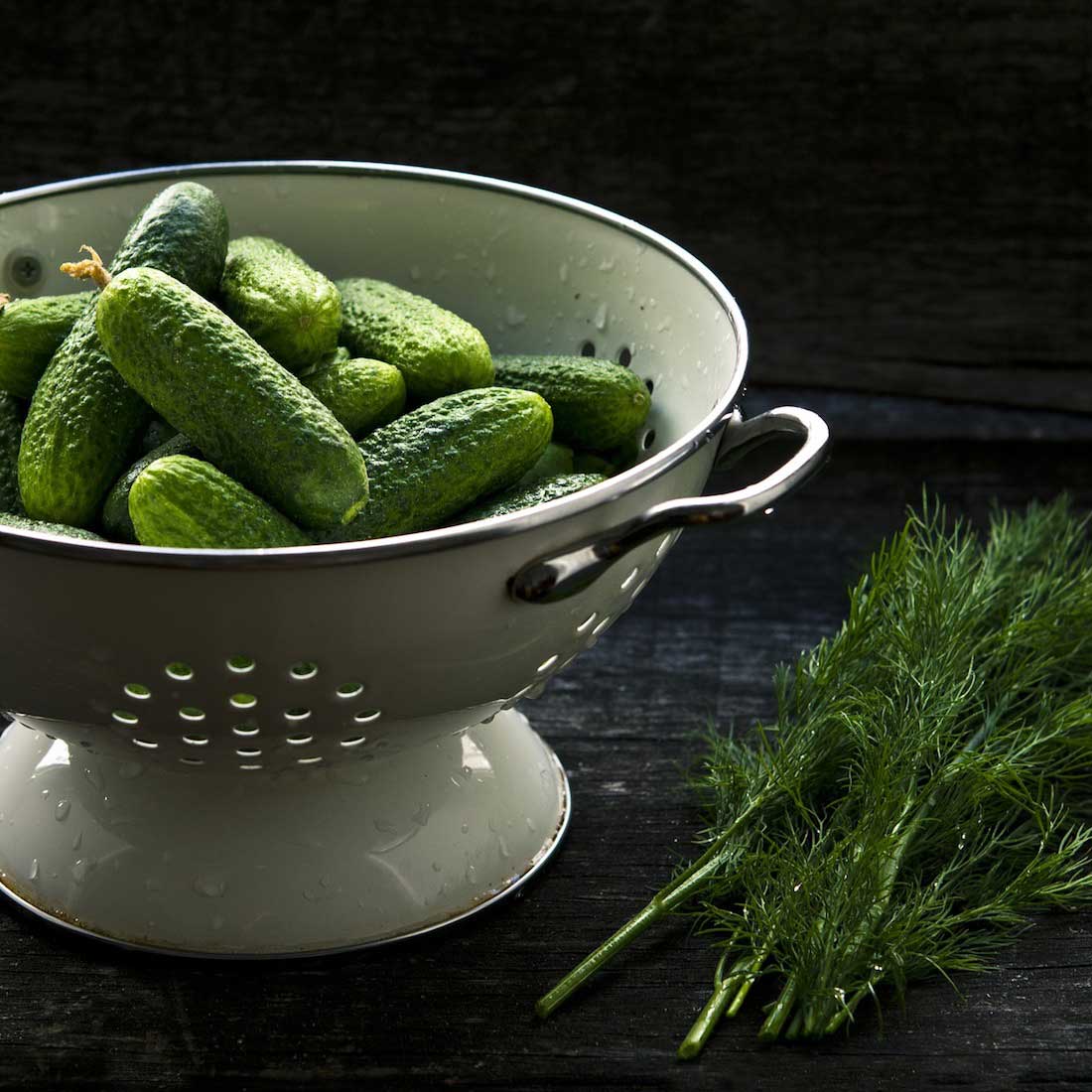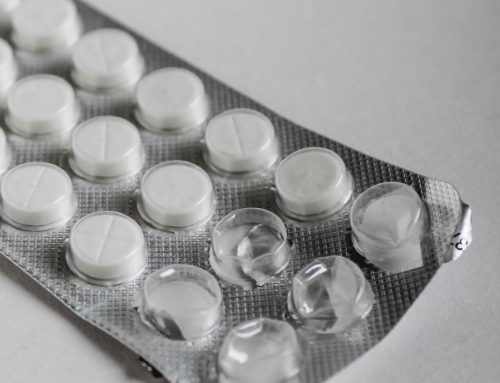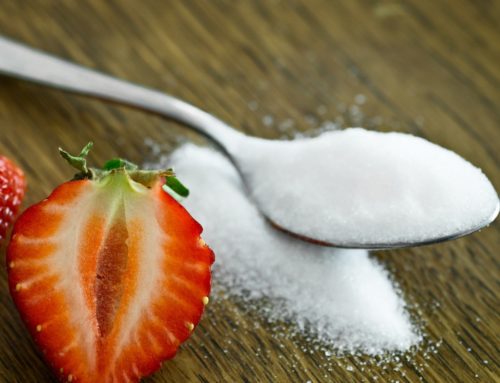Each of us has a community of bacteria and other microorganisms living inside of us referred to as the microbiome. Its made up of good bacteria (probiotics), bad bacteria and yeast that live symbiotically together. The benefits of probiotics to your overall health are far reaching. They contribute to healthy digestion, a strong immune system and even produce important vitamins, like B vitamins and vitamin K. When everything is in balance, they keep the bad bacteria and yeast under control, but if your probiotics are depleted dysbiosis, candida overgrowth and leaky gut can occur among other health issues.
Antibiotics, unhealthy eating habits and poor lifestyles choices are the most common contributors to an imbalance in the microbiome. By killing off good bacteria, or feeding the bad bacteria, diversity can change quite quickly. Restoring balance and diversity however takes much longer.
Let’s chat more about the benefits of probiotics.
What are probiotics?
So as we said above, probiotics are the good bacteria in the gut. They help you break down and digest food, assist your body in detoxification, produce vitamins, and act as a major line of defence for your immune system. A healthy balanced microbiome has more good bacteria than it does bad bacteria or yeast.
Probiotics come in a diverse range of strains. Recent studies have shown certain strains to be more beneficial than others for some health conditions, and surely future research will tell us even more. The two main strains that live in your gut microbiome are lactobacillus acidophilus and lactobacillus bifidus. The small intestine has higher volumes of L. acidophilus, while the large intestine is primarily L. bifidus. Both are important for digestion and immune support, though those are just two of the many benefits of probiotics.
The Health Benefits of Probiotics
1. Gut health
Your gut is lined with a diverse colony of bacteria that helps to support digestion and protect the integrity of the gut lining. They make vitamins, improve absorption of nutrients and help regulate intestinal motility for healthy bowel movements. Studies have shown the benefits of probiotics to improve gas, bloating, cramping, constipation, diarrhea, and even irritable bowel syndrome (IBS). They also help to reduce inflammation, in the gut protecting the gastrointestinal lining itself from damage and increased permeability.
2. Vaginal health
Just like your gut, the vagina is home to a diverse range of good bacteria, bad bacteria and yeast. Imbalances of bacteria can contribute to cases of bacterial vaginosis or yeast infections in women. Supplementing with probiotics can help to restore balance and alleviate symptoms.
The bacterial health of the vagina is also important for pregnancy and labour. When a woman gives birth, it’s her vaginal flora that first inoculates the baby with bacteria to develop and strengthen the child’s microbiome.
3. Mood balance
Research about the gut-brain connection has shown us that the microbiome can impact your mood and conditions including depression and anxiety. Certain strains of probiotics in the gut produce serotonin and neurotransmitters that act on the brain and our body’s stress response mechanisms1.
The connection between our gut and brain has been shown with the use of anti-depressants for conditions like irritable bowel syndrome (IBS)2. More recent research however is turning the table to examine the positive influence that correcting imbalanced gut flora can have on mood disorders including depression, anxiety and panic disorder.
4. Skin health
One of the health benefits of probiotics is their ability to reduce inflammation in the gut, and the same may be true for the health of your skin. Probiotics have been shown in studies to help reduce acne, roseacea and eczema3 which are all generally linked to inflammation. The microbes in your gut even help to improve the absorption of nutrients including fatty acids which may help to improve the look and feel of skin.
5. Immunity
With 70-80% of the immune system residing in your gut, probiotics play an important role in keeping you healthy. They help to reinforce the protective barrier of the gut to prevent bad bacteria from reaching the bloodstream, and modulate immune cells and inflammation in the body.
Certain strains have been studied for their affinity to help particular infections including Lactobacillus rhamnosus and bifidobacterium animalis which may help to decrease the severity and duration of upper respiratory infections4.
How to Eat More Probiotics
Historically, humans used to eat fermented foods more regularly providing them with a great source of dietary probiotics. Unfortunately today, it’s not so common. But if you want to restore balance and reap the health benefits of probiotics try including the following fermented foods in your diet:
- sauerkraut
- kimchi
- pickles
- miso
- kombucha
- plain yogurt with live cultures
- kefir
Just as a note, when you’re buying any fermented vegetables for the benefits of probiotics such as sauerkraut, kimchi or pickles, you want to look for varieties without any vinegar. Brands you’ll find on your grocery store shelves are not fermented varieties. Real fermented veggies will be found in the refrigerator at your local grocer and typically just contain salt, seasonings and water (but no vinegar).
Supplementing with Probiotics
If you’re dealing with a severe case of dysbiosis or looking to get a particular strain of bacteria, supplementation is the best way to do this. There are numerous options available at health food stores, but as a general rule of thumb, look for a product with multiple strains of bacteria, and a higher bacterial count. We have trillions of bacteria living inside of us, so something like 25-50 billion bacteria per capsules is a good place to start.
Chew on this
We live in a society where sugar is added to everything, and hand sanitizer and anti-bacterials are used in abundance. But guess what? Exposure to bacteria can actually be good for us. It helps strengthen and train our immune system to deal with invaders. So don’t be afraid to get your hands dirty once in a while.
Do you supplement with a probiotic? What benefits have you noticed? Tell us in the comments below.




